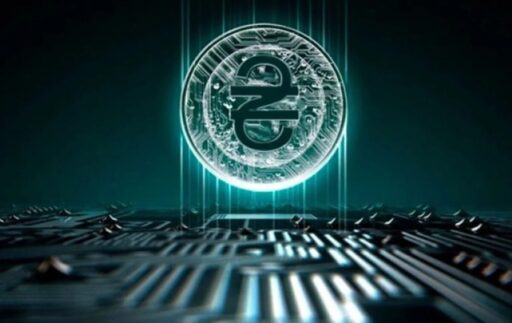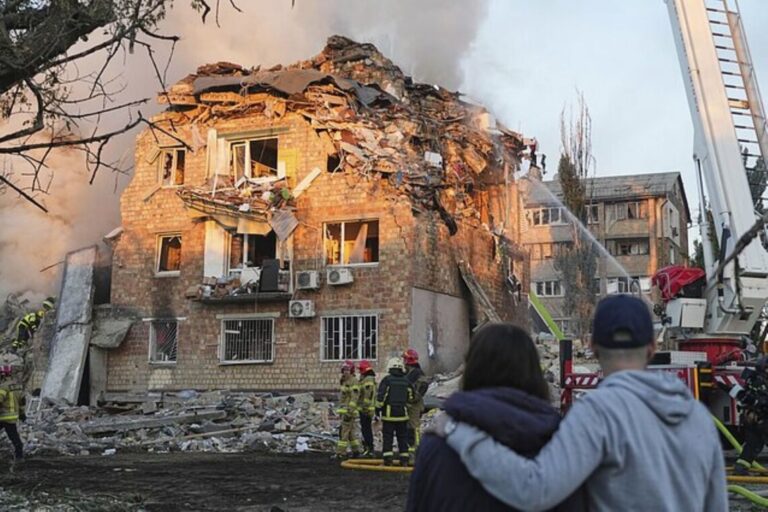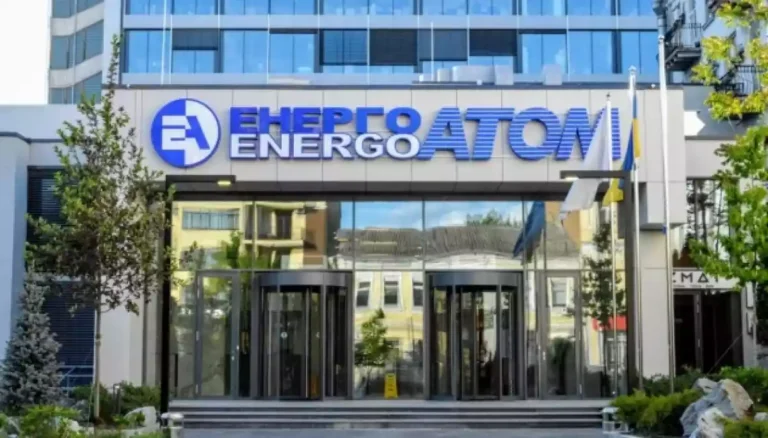
EU adopts 18th sanctions package against Russia: oil, banks, and global enforcement
After two months of difficult negotiations, the European Union has agreed on its 18th package of sanctions against Russia. This is not just a formality it’s a clear message: the EU is not backing down and is increasingly targeting Russia’s most vulnerable sectors. The focus is on oil, finance, the so-called “shadow fleet”, and companies in third countries that help Russia circumvent existing restrictions.
The new package includes 55 listings 14 individuals and 41 entities (companies and organizations) connected to:
- Russia’s military-industrial complex,
- drone production and logistics,
- foreign firms involved in sanctions evasion.
These names have been added to the EU sanctions list, meaning asset freezes and travel bans, and, for companies, a complete ban on EU-based business relations.
Oil: lower price cap and ban on re-exported Russian products
Energy remains the centerpiece of the EU’s response. According to the European Council:
- The price cap on Russian crude is lowered to $47.6 per barrel, roughly 15% below current market levels. The aim is to curb Russia’s revenues without destabilizing global markets.
- The price cap mechanism will now be reviewed every six months.
- A complete ban on oil products derived from Russian crude even if they were refined in third countries will take effect.
Exceptions apply only to the US, UK, Canada, Norway, and Switzerland allies with their own compliance regimes.
This move is meant to block one of the main loopholes: Russian oil being “laundered” through countries like India or Turkey.
Shadow fleet under pressure
The EU has added 105 more tankers to its list of sanctioned vessels bringing the total to nearly 450 ships linked to Russian oil transport.
These ships often disable tracking systems and transfer oil between tankers at sea. The EU now prohibits access to ports, insurance, maintenance and other maritime services for these vessels.
For the first time since the full-scale invasion, the EU has officially imposed sanctions on the Nord Stream 1 and 2 gas pipelines. While the pipelines have not operated since the explosions in 2022, the sanctions are aimed at:
- banning investments in their infrastructure,
- prohibiting technical support or maintenance.
It’s a symbolic but strategic move denying Russia any potential to revive old leverage over the EU through energy.
Financial sector: full transaction ban and pressure on SPFS
One of the toughest measures in the new package is the extension of restrictions against 22 Russian banks previously disconnected from SWIFT.
The new rules:
- prohibit all transactions with these institutions,
- expand controls on alternative payment systems including Russia’s own SPFS (System for Transfer of Financial Messages), used to bypass SWIFT.
These measures aim to cut off residual financial channels and signal to foreign intermediaries that dealing with sanctioned banks carries direct legal risk.
Post List
Third countries targeted: China, Turkey, India
A significant evolution in the EU’s sanctions policy is extraterritorial enforcement:
- Seven Chinese companies, including three in Hong Kong, are sanctioned for supplying microelectronics and dual-use items.
- Four Turkish companies are listed for helping Russia circumvent trade bans.
- Restrictions on the Rosneft refinery in India have been introduced due to its suspected processing of Russian crude in breach of EU controls.
Additionally, the EU has imposed limited measures against Chinese banks believed to have indirectly supported sanctioned entities or transactions.
Export controls on dual-use equipment
The package expands restrictions on the export of dual-use goods and technologies, including:
- precision tools,
- industrial machinery,
- high-end manufacturing components.
These items are vital for Russia’s military production capabilities, and cutting off access is intended to hamper the scaling of weapons manufacturing.
Work begins on the 19th package
Estonia’s Foreign Minister, Margus Tsahkna, announced that preparations for the 19th EU sanctions package are already underway.
“The EU cannot afford to pause. We will continue to increase pressure until Russia stops its aggression,” he said.
Although details have not been made public, early reports suggest it may target additional Russian electronics providers, new shipping entities, and a broader crackdown on sanctions evasion.
The 18th package is not revolutionary but it is arguably the most comprehensive in a year.
For the first time, the EU has:
- imposed direct sanctions on Nord Stream pipelines,
- banned re-import of oil products via third countries,
- sanctioned key actors in China, Turkey and India,
- introduced a dynamic oil price cap linked to market trends.
This reflects a shift from symbolic restrictions to a strategic, multi-layered approach targeting logistics, financing, and third-country support.
Russia can still seek loopholes but the space for maneuver is narrowing. EU sanctions are no longer loud they are focused, methodical, and increasingly painful.















